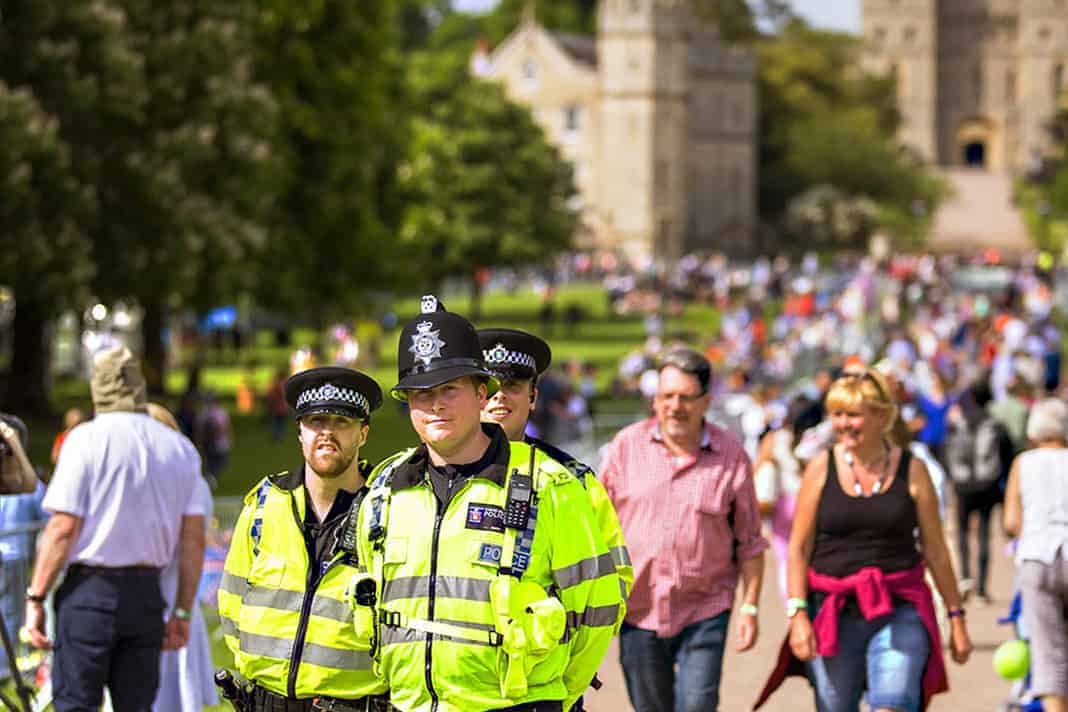By Mike James, Cybersecurity Professional & Author
Planning any outdoor event requires a huge amount of in-depth planning and risk assessments to ensure the safety of the staff, performers, contractors, and the public. Safety can relate to everything from risk management and contingency planning to crime prevention and food preparation.
Whether you are running a music festival, a food show, a summer fair or a craft market, it is up to the organiser to ensure that adequate preparations are put in place.
Who is responsible for what?
You must begin planning for an outdoor event several months before It is scheduled to take place if you want to ensure that you have the time to perform any necessary risk assessments. It also gives you the chance to seek out specialist advice from those with expertise in public safety at outdoor events.
To plan effectively you need to understand who takes on the important responsibilities within your team. This is especially true for those who are going to be dealing with the safety matters.
Which laws are applicable?
There are two major laws in the UK that are relevant and important for those planning outdoor events. The Health and Safety at Work etc. Act 1974 covers many issues relating to working outside and the rules surrounding that. The Management of Health and Safety at Work Regulations 1999 sets out the regulations surrounding health and safety for the public among a range of other rules.
If this is your first time running an outdoor event it could be sensible to speak to a legal consultant about the specific laws and regulations that come into effect, as this can vary on the type of event that you are running.
How to create a safety plan
Creating a safety plan is an important aspect of preparing for your outdoor event. You need to take into account anything that could potentially cause you harm, and draw up a risk assessment in order to create your safety plan. Ultimately, you are looking to minimise and mitigate all potential risks, as well as having a plan in place in the event that anything goes wrong.
The safety plan for your event needs to be as comprehensive as possible; as the old saying goes “hope for the best, prepare for the worst”. This means that you need to have parking arrangements, emergency plans, food safety details, and staff training. All of this needs to be written into a full manual that anyone can read.
What are the hazards?
Try to consider all of the types of hazards at your event. This could include everything from areas where vehicles could come into contact with pedestrians, physical and natural hazards at or near the site, electrical hazards, medical emergencies and much more. Remember that even things that seem unlikely need to be planned for such as fire safety, public disorder, and collapse of structures at your event.
Every event will have different potential hazards depending on the area that they are being carried out in, as well as the nature of the event.
Contingency planning
As well as general risk assessments, you also need to have contingency plans in place. ‘The show must go on’, and in the event of something going wrong, there needs to be a plan for how the event will continue. Contingency plans need to be set out in written documents and provide everyone with a full understanding of what they need to do, should a ‘what if’ scenario occur.
Of course, it is also essential that staff at the site understand how to deal with emergency. So, you need to ensure that staff have been provided with the correct training.
Security and protection
Remember that you need to put measures in place to provide adequate protection and security for those people attending your event. For example, you may need to look into blocks and barriers in order to manage traffic and ensure that pedestrians are protected from coming into contact with vehicles on site. See this blog on public safety at events from barrier specialist Maltaward for a more detailed breakdown on what is required.
And remember that larger events can unfortunately attract opportunists and criminals – it may be necessary to put additional security measures in place to keep attendees protected. It is essential that you should not become complacent about the risks. Ultimately, the organiser is responsible for the safety of the attendees of an event.











